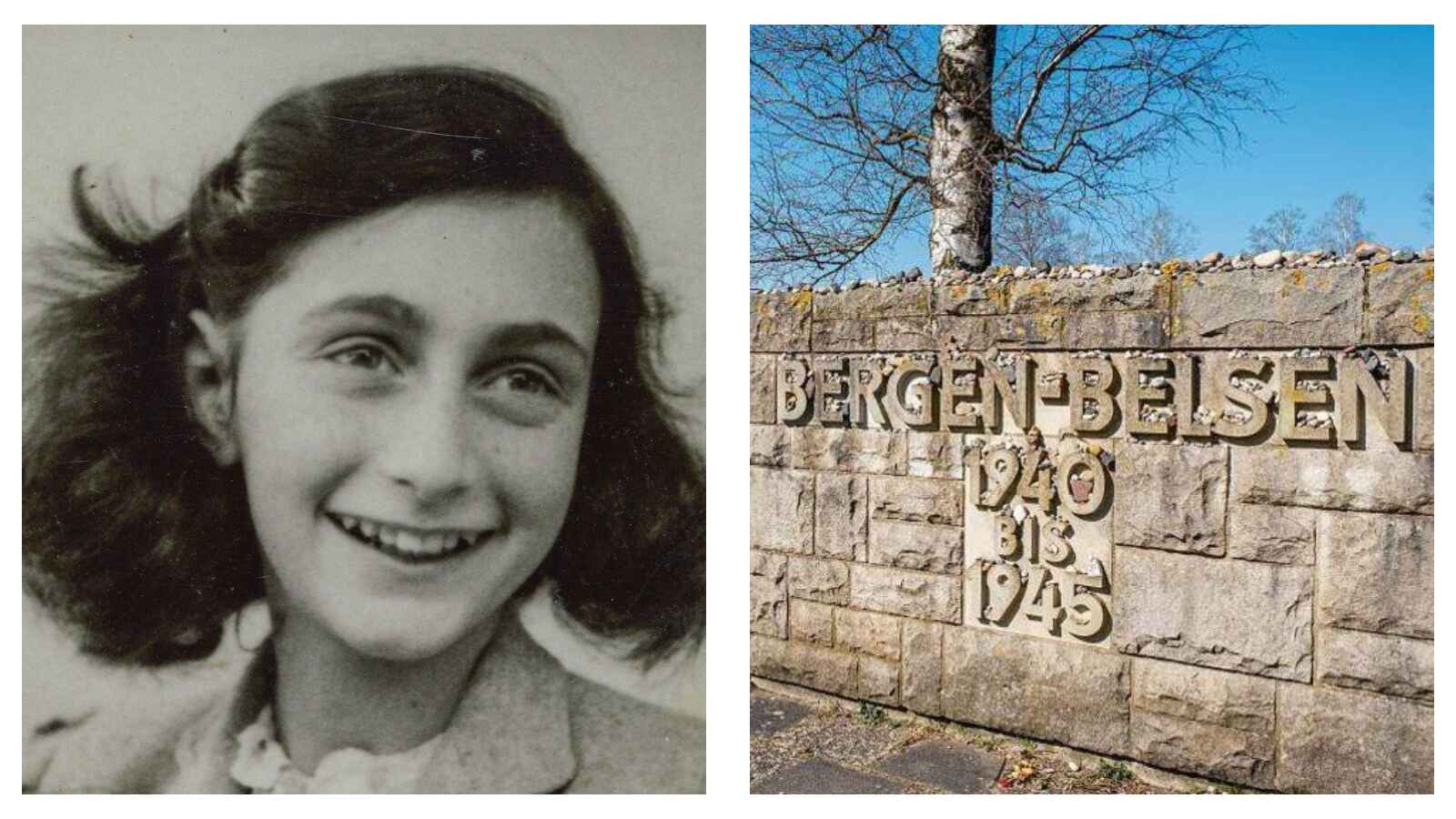By Eleni Poulios
Bergen Belsen, one of the many Nazi concentration camps that existed during World War II, was discovered by British and Canadian troops near Hanover, Germany, in April 1945.
Thanks to a truce with local German commanders, they were able to enter without a fight, but what they found shook them to the core.
The difference between Bergen Belsen and most other concentration camps was that it was found intact.
Others like Auschwitz or Sobibor were destroyed by Nazis in an attempt to hide what had happened there after the Third Reich fell apart, but that never happened in Bergen Belsen.
Soldiers discovered all the horrifying evidence of what millions of Jews, homosexuals, Sinti, war prisoners amongst other groups of people, had to endure.
READ MORE: Philippines-China tensions escalate over arrest of alleged Filipino spies

The ultimate blasphemy
A British soldier named Michael Bentine, who after World War II became a famous entertainer, wrote: “To me Belsen was the ultimate blasphemy.”
After the Third Reich collapsed, liberations slowly began, however in Bergen Belsen killings not only continued, but increased – a total of 50.000 – 70.000 people were murdered, more than 30.000 of them between January and April 1945.
Sadly about 14,000 of the freed prisoners died after being liberated due to their health being too damaged by what they had been through in the camp.
Among the people who died during the final weeks of Bergen Belsen was the young Anne Frank who wrote a diary about the travesties she and her sister Margot endured during World War II.
BBC’s Richard Dimbleby was the first broadcaster to enter the concentration camp shortly after liberation and remarked that: “This day at Belsen was the most horrible of my life.”
Remembering the victims
On Sunday the 27th of April an event will be held to commemorate the survivors of Bergen Belsen and their families.
More than a thousand people are expected to attend.
Among the attendees are 180 British Jews whose journey is being organised by AJEX, the Jewish Military Association.
Wreaths will be laid out by AJEX veterans, and a psalm will be read by UK Chief Rabbi Sir Ephraim Mirvis.
Nowadays, the former concentration camp is a visitor centre to raise awareness of the horrors that happened during the war.
A handful of crosses and memorial stones have been placed, one of them reading the inscription: Hier ruhen 5,000 Tote – here rest 5,000 dead.
READ NEXT: Air pollution in Vietnam’s capital expected to persist through April
